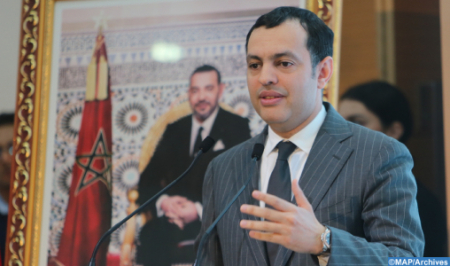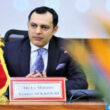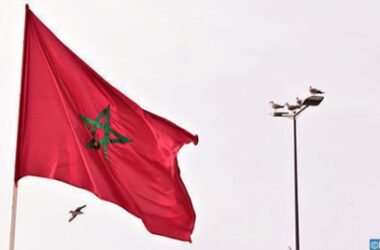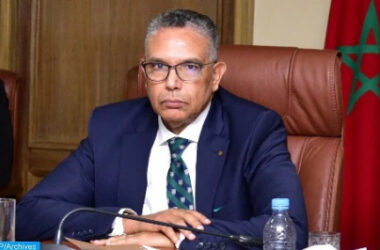The process led by the Kingdom is part of the special attention and care given by HM King Mohammed VI to the Moroccan expatriates, to strengthen their ties with their country and consolidate their participation in the development process, said the Minister of Economic Inclusion, Small Business, Employment and Skills, Younes Sekkouri, who spoke at the 36th session of the Committee on the Protection of the Rights of Migrant Workers devoted to the review of the second periodic report on the implementation of the International Convention on the subject.
Presenting the record of the Kingdom in managing the migration issue since 2013, the minister stressed that Moroccan workers living abroad and their families are a national priority in terms of monitoring and support from relevant institutions.
According to the official, Morocco has put in place an integrated strategy to develop and improve its consular services abroad, including through digitizing several services, in order to protect the rights of Moroccans living abroad and optimize the efficiency of these services.
This strategy has allowed the support of vulnerable categories among Moroccan migrants, such as prisoners and the elderly, as well as intervention in times of crisis, said Sekkouri, citing, as an example, the return to the country of residence of 77,000 Moroccan citizens living abroad and the repatriation to Morocco of more than 18,235 people.
In addition, the Minister said that the competent public authorities are responsible for ensuring the control of agencies operating in Morocco in the field of international mediation of employment and improve their governance to protect the rights of workers abroad against any violation or exploitation, either by subjecting these agencies to the control of labor inspectors in accordance with the provisions of the Labor Code and the Convention No. 181 of the International Labor Organization on private employment agencies, or by intensifying bilateral cooperation, especially with labor importing countries.










